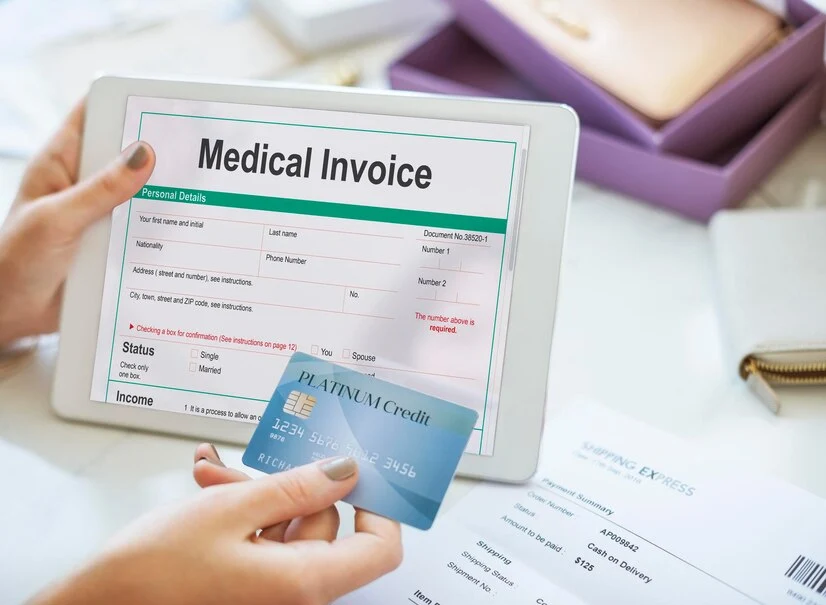personal injury lawyers
Fighting for maximum injury compensation for you and your family
No Fees Until We Win


Who Pays My Bills After a Car Accident in New Jersey: Your Comprehensive Guide
Car accidents are unexpected, and they can bring about a range of immediate concerns, including medical bills and expenses.
If you’ve been involved in a car accident in New Jersey, it’s essential to understand how these costs are managed.
In this comprehensive guide, we will discuss how medical bills are paid, the role of Personal Injury Protection (PIP), managing other expenses, negotiating with insurance companies, the possibility of legal action, and seeking assistance from a Cherry Hill Personal Injury Lawyer.
How Are Medical Bills Paid After Car Accidents in NJ?
After a car accident in New Jersey, medical bills can quickly accumulate. It’s vital to know how these bills are typically paid:

Personal Injury Protection (PIP)
New Jersey operates under a no-fault system, which means your own insurance (PIP) covers your medical expenses, regardless of who is at fault in the accident.
PIP provides coverage for necessary medical treatment, including hospitalization, surgery, and rehabilitation.
Health Insurance
If your PIP coverage is exhausted or you have exceeded its limits, your health insurance may kick in to cover remaining medical expenses.
Your health insurance will likely require reimbursement from any settlement or compensation received.
Medical Providers
Some medical providers may agree to treat you on a lien basis, deferring payment until your claim is settled.
This can be a helpful option if you are unable to pay for medical treatment upfront.
Gaining Insight into Personal Injury Protection in New Jersey
Understanding the specifics of Personal Injury Protection (PIP) in New Jersey is crucial for managing your medical bills:
- PIP Coverage: PIP coverage is mandatory in New Jersey, and it typically provides a minimum of $15,000 per person per accident for medical expenses. However, you can choose higher coverage limits.
- Lost Wages: PIP also covers a portion of your lost wages if you are unable to work due to the accident. The maximum PIP coverage for lost wages is typically $5,200.
- Pain and Suffering: PIP does not cover pain and suffering; it is primarily designed to cover medical expenses and lost wages.
How Can I Manage Other Expenses After Car Accidents?
Car accidents can result in various expenses beyond medical bills. Managing these expenses effectively is crucial, Property Damage; Property damage, such as damage to your vehicle, may be covered by the at-fault driver’s insurance.
You can also file a claim with your own insurance if you have collision coverage.
If your vehicle is inoperable, rental car expenses may be covered by the at-fault driver’s insurance, or you can use your own rental car coverage.
Keep records of other expenses, such as towing fees, public transportation costs, and any home modifications needed due to your injuries, as these may be recoverable.
Negotiation With an Insurance Company
Dealing with insurance companies can be challenging. Here are some tips for negotiating with insurance companies after a car accident:
Gather Evidence: Document the accident, collect witness statements, take photographs, and keep records of all your expenses and losses.
Be Cautious: Be careful when speaking with insurance adjusters. Avoid accepting blame or making statements that could harm your claim.
Consult an Attorney: If negotiations become complex or your claim is denied, consider seeking legal representation. An attorney can advocate on your behalf. In NJ Rosengard Law Group working great as car and personal injury consultant.
Can I Take Legal Action Against the Driver Responsible for the Accidents?
In certain situations, you may have the option to take legal action against the driver responsible for the accident:
- Serious Injuries: If you sustain severe injuries, such as long-term disabilities or disfigurement, you may have a valid personal injury claim against the at-fault driver.
- Pain and Suffering: While PIP does not cover pain and suffering, a personal injury lawsuit can seek compensation for the physical and emotional distress resulting from the accident.
- Negligence: If the other driver’s negligence caused the accident, you may have grounds for a legal claim.
Contact With Car accident Lawyer in New Jersey
If you’re considering legal action or require assistance navigating the complexities of car accident claims, it’s wise to consult with a car accident Lawyer.
These professionals can provide invaluable guidance and legal expertise, ensuring your rights are protected and helping you secure the compensation you deserve.
FAQs
What Are the Basic Medical Benefits in New Jersey After Accidents?
In New Jersey, the basic medical benefits provided by PIP include coverage for medical expenses, hospitalization, surgery, and rehabilitation.
The minimum required coverage is $15,000 per person per accident, but you can opt for higher limits.
Discuss Pain and Suffering in Accidents in NJ?
Pain and suffering refer to the physical and emotional distress experienced due to an accident.
While PIP covers medical expenses, it does not include compensation for pain and suffering. To seek such compensation, a personal injury lawsuit may be necessary.
Conclusion
Managing medical bills and expenses after a car accident in New Jersey involves navigating the state’s no-fault system and understanding the role of Personal Injury Protection (PIP).
It’s essential to be aware of your rights and options, including the possibility of legal action when the circumstances warrant it.
Seeking guidance from a Cherry Hill Personal Injury Lawyer can be instrumental in ensuring that you receive fair compensation for your injuries and losses.

Free Injury Case Evaluation
Send the form below and we will call you back in minutes.
…or Call Us Now
856-284-6446
